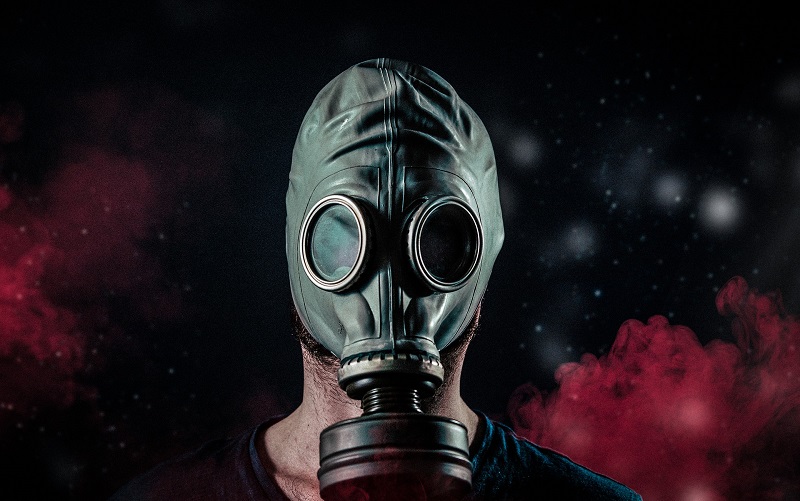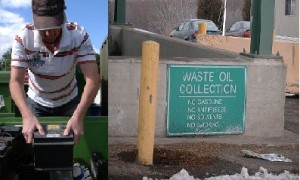Household hazardous waste (HHW) is an often overlooked by product of daily domestic life. It encompasses everything from food scraps to dirty dishwater to car waste. Most of us are oblivious to the effect that HHW can have on the environment and our family’s health, but the truth of the matter is that we should be very careful about how we deal with it.
Doing the dirty work
In an ideal world, car owners are well-informed of the waste products that their car routinely produces. They are conscientious enough to do something about it by applying the infamous three R’s—reduce, reuse, and recycle—and are even actively looking for ever safer disposal techniques.
But the sad reality is that most car owners don’t bother to think about car waste, and they spend even less time thinking about how to properly dispose of it. Your car is a treasure trove of harmful chemical pollutants just waiting to be unleashed on the environment.
Be Informed and Proactive
The first step to making sure that you handle your car waste problem appropriately is to know what exactly constitutes as “car waste”. Waste is generally considered hazardous if it or any of its component substances are harmful to humans or the environment. With that in mind, you should be able to easily identify which items in your car and garage qualify as hazardous car waste.
Here are a few items in your car that could potentially wreak havoc on the environment, not to mention your own home:
- Car batteries: dead car batteries can’t just be dumped on the sidewalk or thrown together with the rest of your rubbish at the local landfill. Ask your professional detailer or auto mechanic about the nearest community drop-off center for hazardous wastes, and take your non-functional batteries there for proper handling.
- Antifreeze, brake fluid, degreaser, waxes and polishes, car shampoo, transmission fluid: a responsible car owner makes sure that his car kit and supply cabinet are properly locked and out of reach of both pets and young kids. All these chemical cleansers may taste or smell attractive, especially antifreeze, but they can cause serious injury to your pets and children. As soon as each container is empty, place them into a separate plastic bag—still well away from the sight and reach of little ones—for recycling at a later date.
- Motor oil: retailers that sell motor oil are legally mandated to accept used motor oil from their customers, as much as what is purchased from them. If you must absolutely perform an oil change at home, remember to store the used motor oil and take it back to the place of purchase the next time you’re in the area.
- Dirty wash mittens, brushes, and cloths: whatever was on your car’s surface is now on your w
ash cloths after you’ve scrubbed and rubbed them vigorously against the car. Wash them thoroughly before throwing them out so they don’t produce chemical leaching.
There are lots of options you can start doing right away. Try to locate the nearest community drop-off center for hazardous waste to contribute to saving the environment. It will make a great difference.
DetailXPerts encourages their loyal clients to live an eco-friendly life by giving them the Green Rewards Program.


 ash cloths after you’ve scrubbed and rubbed them vigorously against the car. Wash them thoroughly before throwing them out so they don’t produce chemical leaching.
ash cloths after you’ve scrubbed and rubbed them vigorously against the car. Wash them thoroughly before throwing them out so they don’t produce chemical leaching.


